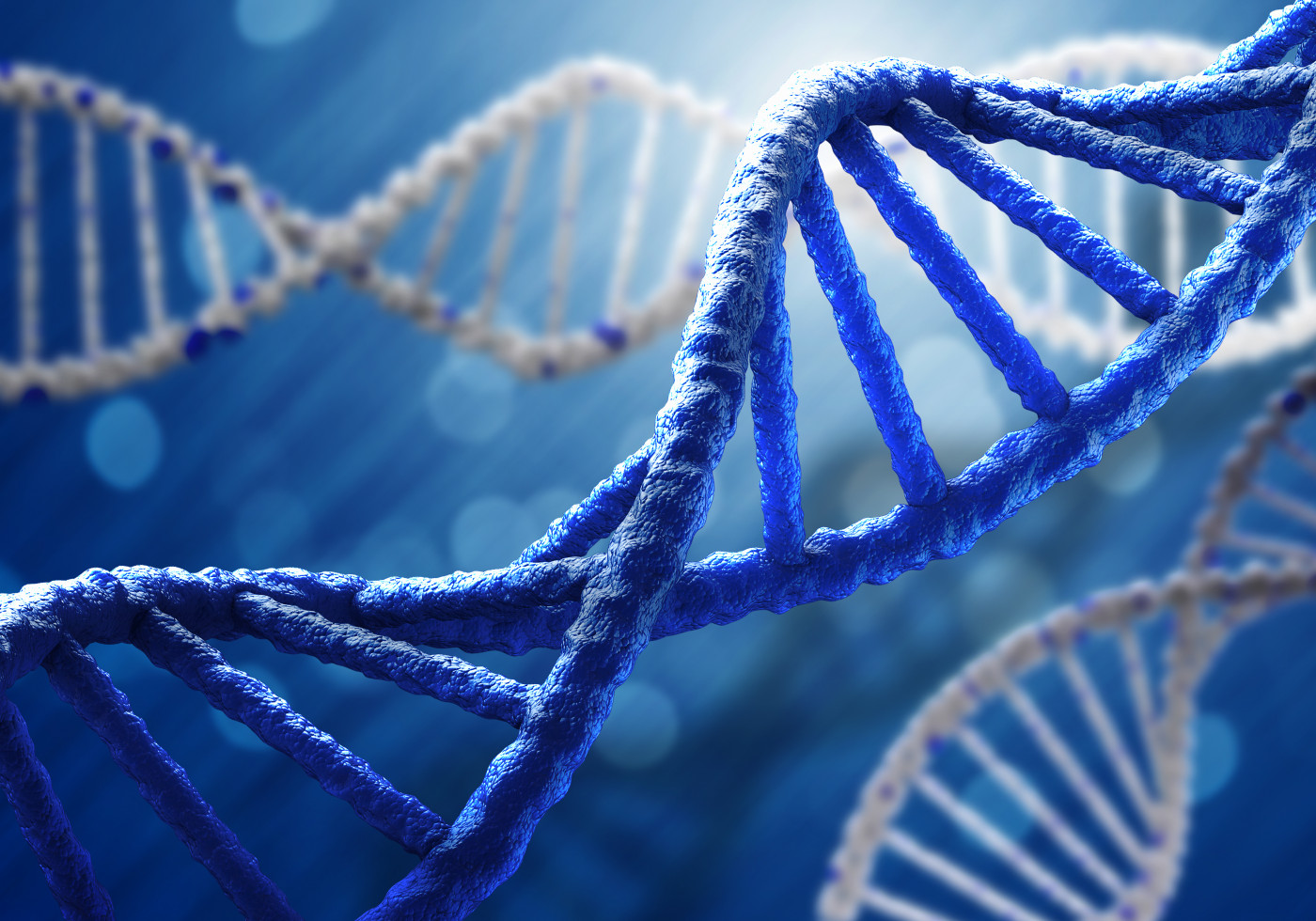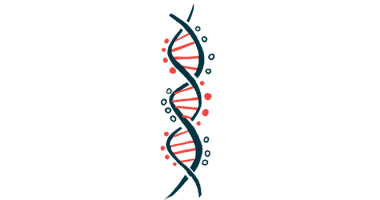Variants in SNORD116 Gene Linked with PWS, Paranoia in Women, Study Finds

Small mutations in SNORD1116, a gene previously linked with typical manifestations of Prader-Willi syndrome (PWS), is associated with paranoia in women, a study shows.
This finding reflects the greater incidence of mental health problems in those with PWS compared to the general population, scientists said.
The study, “Does SNORD116 mediate aspects of psychosis in Prader-Willi syndrome? Evidence from a non-clinical population,” was published in the journal Psychiatric Research.
PWS is caused by genetic alterations that lead to the loss of function of paternal genes located on chromosome 15. Though it typically manifests as lethargy, or lack of energy, failure to thrive, excess weight gain and hyperphagia (excessive eating), the disorder also is linked with a higher incidence of psychosis and other psychiatric conditions, with estimates that about 27% of PWS patients live with autism spectrum disorders. However, the genetic causes of the prevalence of mental health disorders in people with PWS remain unknown.
Previous studies suggested that deletions within the SNORD116 gene, which is located on chromosome 15, contributes to classic hypotonia (muscle weakness), developmental delay, hyperphagia, and obsessive behaviors in PWS. Likewise, mice lacking the paternal SNORD116 gene show hypotonia and feeding symptoms.
A group of Canadian researchers hypothesized that genetic alterations in SNORD116 also could explain the psychological traits in PWS.
To study the association between SNORD116 with schizophrenia and autism traits, researchers analyzed genetic and psychological data from a group of 480 individuals. Participants were undergraduate students with an average age of 19 years.
DNA samples were obtained using a mouthwash solution and participants completed a questionnaire package that included the Schizotypal Personality Questionnaire-Brief Revised (SPQ) and Autism Spectrum Quotient (AQ). The SPQ questionnaire includes 32 items with seven sub-scales: (1) Constricted Affect; (2) Social Anxiety; (3) Magical Thinking; (4) Unusual Perceptions; (5) Ideas of Reference; and (6) Eccentric Behavior; and (7) Odd Speech.
Researchers mapped five single nucleotide polymorphisms (SNP) — a difference in a single nucleotide, the building blocks of DNA — in the SNORD116 gene. The five SNPs are known as rs1812905 G/T, rs17115143 G/A, rs11637737 G/A, rs8031260 G/A, and rs11161166 T/A.
Individuals were classified as homozygotes if having a SNP in both gene copies (or alleles) or heterozygotes if such variant is seen in only one allele.
Results showed that all five SNPs were associated with changes in the SPQ in women, but not in men.
Women homozygous for the common versions of each SNP had higher average scores for the Ideas of Reference sub-scale, a trait that broadly reflects paranoia. Higher scores in this sub-scale may manifest as false beliefs that random or irrelevant occurrences directly relates to oneself.
When researchers looked at three common haplotypes (a set of DNA variations, or polymorphisms) that tend to be inherited together, two of them were associated significantly with variations in SPQ Ideas of Reference scores in women.
Overall, this study suggests that genetic variations can help explain psychological symptoms, but also highlights that paranoia linked to mutations in SNORD116 may be relevant in PWS.
“We have identified an independent effect of genetic variation in SNORD116 on psychological phenotypes [manifestations] related to paranoid ideation [thoughts] that fits with previous evidence on greatly increased incidences of psychotic conditions in PWS,” the researchers wrote.






